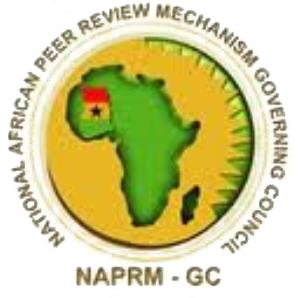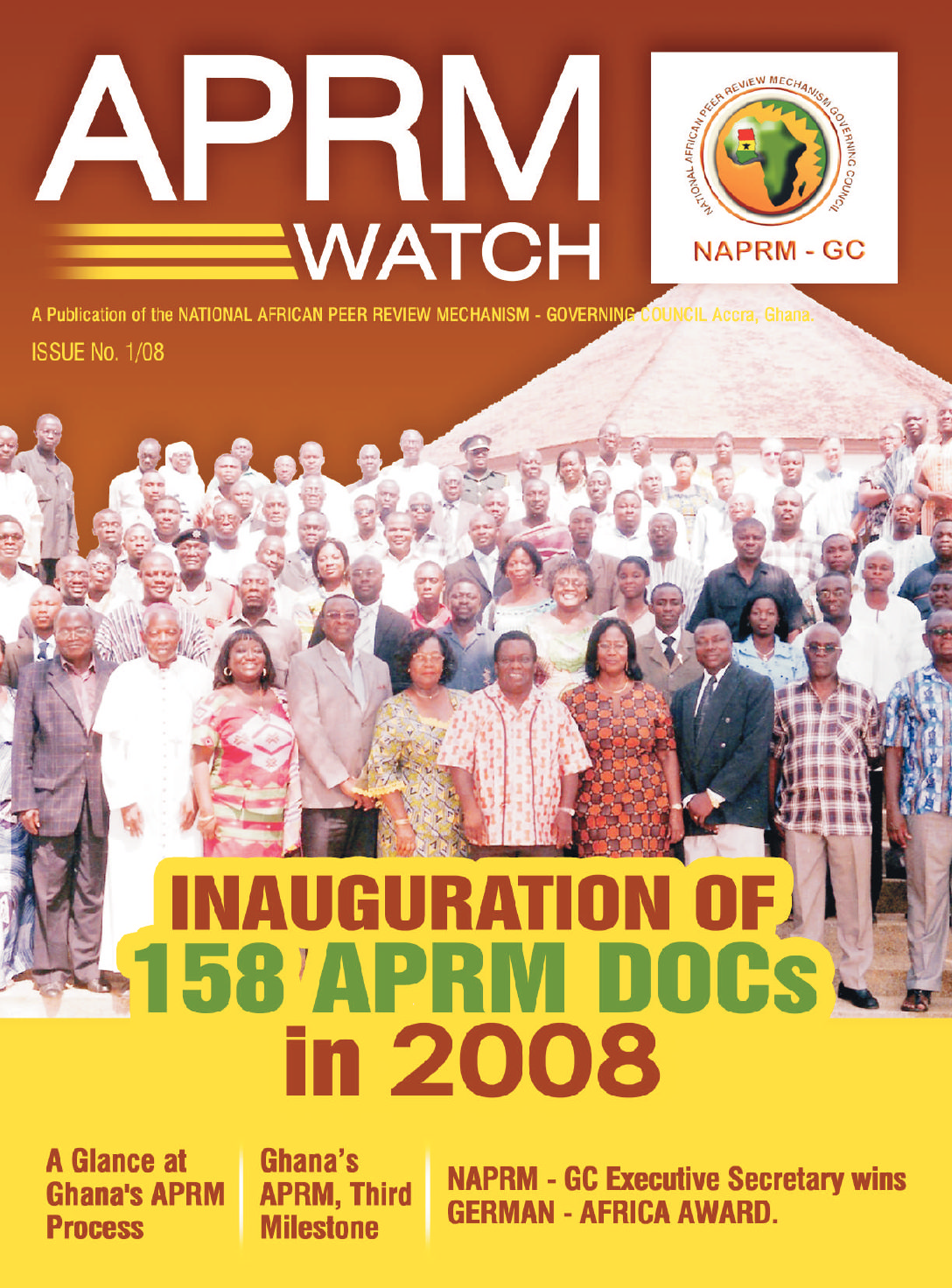Development Planning Commissions no doubt has a strategic role to play in the APRM process. It was a great opportunity to learn about respective experiences from Ghana and Uganda. Kenneth Owusu of Ghana’s National Development Planning Commission (NDPC) stressed that the organization is the apex National Development Planning Body set up in accordance with Ghana’s 1992 Constitution as one of the six bodies of the Executive which has the districts as the basic Planning Unit. There is provision for the integration of different kinds of national development agenda competing for space in the national annual budget into a comprehensive policy framework. It is also used to execute national, local and the various international agreements and commitments such as the New Partnership for Africa’s Development, African Peer Review Mechanism, the Millennium Development Goals and the Convention on the Elimination of all forms of Discrimination Against Women (CEDAW)to which Ghana is signatory.
The APRM was integrated into the Growth and Poverty Reduction Streaty’ll (GPRS II) on completion of Ghana’s self-assessment and the subsequent country review mission in 2005. Ghana then costed the Programme of Action to address some of the weaknesses identified during the process. With the integration of the POA there was a review and re-classification of the policy actions into short term, medium term and long term in line with the GPRS thematic area. The NPOA was also coded in the Medium-Term Expenditure Framework to help track resource allocation to APRM-related activities annually. Kenneth Owusu concluded that the role of the NDPC in the implementation of the Programme of Action has been to ensure adequate reflection of the national development policy framework and added that the use of the national planning, monitoring and evaluation system guarantees greater success in operating and localizing the POA of the APRM even at the district level. Significantly this has reduced the possible duplication of efforts and high transaction cost associated with the management of public policy.
Ms Sylvia Angey Ufoyuru, Governance Manager at Uganda’s National Planning Authority (NPA) gave a brief history of policy and planning reforms in Uganda, the legal and regulatory framework for planning, the role of the National Planning Authority in the APRM process and integration of the APRM Programme of Action. She said the NPA, established by an Act of Parliament is the principal Statutory Agency in the country. It is mandated to produce comprehensive and integrated development plans to coordinate decentralized planning processes, carry out monitoring and evaluation and advice the President on policies and strategies for development. Ms Ufoyuru explained that when Uganda acceded to the APRM in 2003, the NPA was made the focal point to ensure the integration of the NEPAD and APRM into the national development planning processes. Working with the 13- member APRM National Governing Council, the NPA coordinates the participation of all relevant ministries in the APR process and consults with them to ensure the successful implementation of recommendations Coordinates with the private sector and civil society to evaluate government performance Ensures that the APR process is aligned with existing policy decisions and medium-term planning processes Has established a centre solely for the documentation of the entire APRM process. NPA and National Governing Council have integrated the Programme of Action into the 5-year National Development Plan POA has been integrated in the national budgets and would be funded through the annual budgets of the Ministries, Departments and Agencies under the Medium-Term Expenditure Framework Engaged MDAs and non-state governance stakeholders to ensure coordination, monitoring and evaluation of the implementation of the PoA.
She said that in spite of the success stories, the NPA is faced with challenges including the finalization of a legal instrument -i.e., NPA Act, Local Government Act, and Budget Act to synchronize planning cycles and clarify the roles and responsibilities of different actors. There is also the need to elevate the position and political supervision of the NPA to make its engagement effective.
Development planning in Ghana and Uganda was compared to that of Botswana where a bottom-up approach in which development plans from villages and towns feed into a district development plan and integrated into a national development plan. MS Ufoyuru added that decentralization started in 1997 and from experience Uganda opted for the use of guiding principles from the top-down approach. However, monitoring and evaluation mechanisms have been instituted and there are plans for mid-term reviews and final evaluation after implementation.

 newsletter-compressed
newsletter-compressed